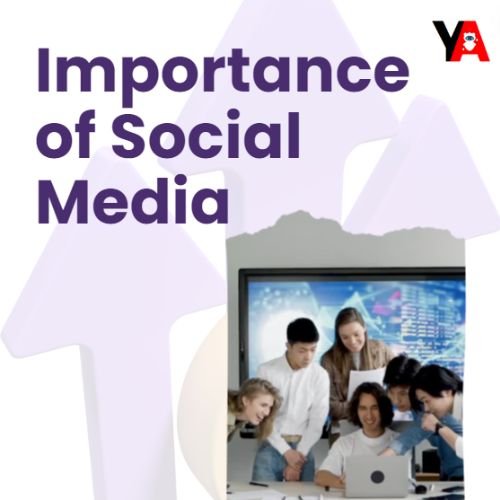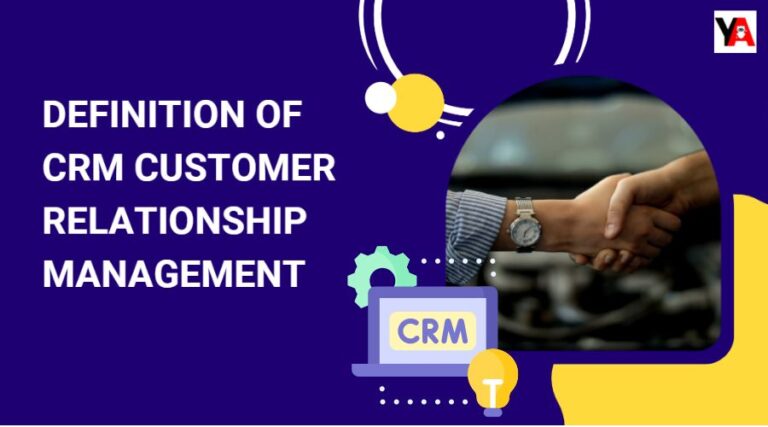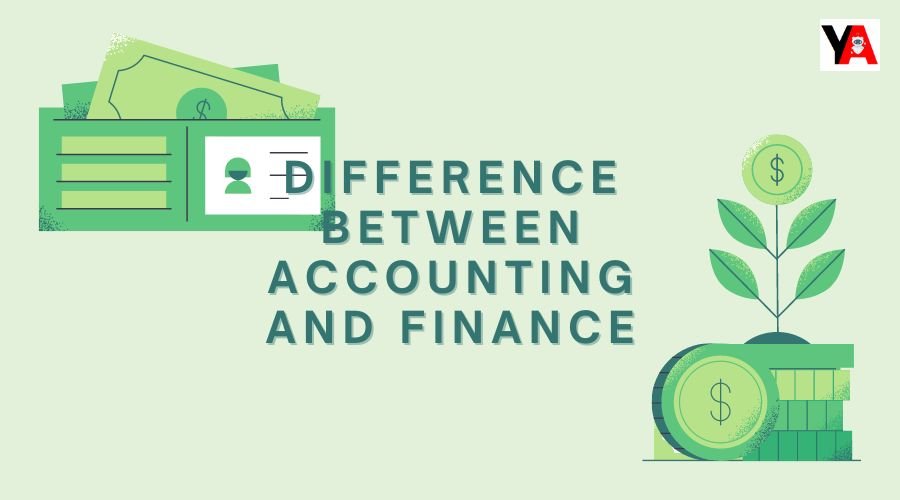Businesses are increasingly recognizing the importance of leveraging good social media platforms to enhance their presence, engage with their audience, and drive growth. The impact of utilizing good social media for business extends far beyond mere online visibility. This article explores at the different ways businesses can use the power of social achieve tangible results.
Table of Contents
ToggleWhat is a Social Media Marketing for Business?
Social Media Marketing (SMM) is a dynamic and strategic approach to promoting products, services, or brands through various social media platforms.
It involves creating and sharing content on platforms like Facebook, Instagram, Twitter, LinkedIn, and others to engage with the target audience, build brand awareness, and achieve marketing goals.
Social media marketing encompasses a range of activities, including content creation, audience engagement, social advertising, and analytics.
It is a powerful tool that enables businesses to connect with their audience in real-time and foster meaningful relationships in the digital landscape.
What is the Importance of a Good Social Media for Business?
Well, having a robust social media presence is nothing short of a game-changer. It’s not just about being online; it’s about crafting a narrative, building connections, and making a meaningful impact.

The importance of good social media for business is akin to having a conversation rather than just broadcasting information. It’s the gateway to enhanced brand visibility – a way for your business to stand out in a sea of digital noise.
Think of it as a direct line to your audience, a place where engagement isn’t a one-way street but a dynamic interaction. From driving traffic to your website and converting leads to establishing brand authority and showcasing your human side, social media is a multifaceted tool that propels your business forward.
It’s not just about the numbers; it’s about creating genuine connections, fostering trust, and staying agile in a competitive landscape. In essence, a good social media presence is the heartbeat of a modern business, pulsating with the rhythm of conversations, insights, and community building – an indispensable asset for those ready to thrive in the digital landscape.
Let’s see the different ways that businesses can use social media to their advantage and produce measurable outcomes.
1. Building Brand Awareness
One of the primary benefits of utilizing good social media for business is the ability to build brand awareness.
Platforms like Facebook, Instagram, Twitter, and LinkedIn provide businesses with an opportunity to showcase their personality, values, and offerings to a vast audience.
Consistent and strategic posting fosters familiarity, making it more likely for potential customers to choose a brand they recognize and trust.
2. Engaging with the Target Audience
A good social media for business serves as a direct communication channel between businesses and their target audience.
Through engaging content, businesses can initiate conversations, gather feedback, and address customer queries promptly.
This direct interaction not only enhances customer satisfaction but also provides valuable insights into consumer preferences and behaviors.
3. Driving Traffic to the Website
A well-executed social media strategy can significantly contribute to driving traffic to a business’s website.
By sharing blog posts, product updates, and other relevant content, businesses can redirect social media users to their websites, increasing the chances of conversion.
This not only boosts online visibility but also helps in improving search engine rankings.
4. Generating Leads and Conversions
Social media platforms offer powerful tools for lead generation and conversion tracking.
Strategic use of call-to-action buttons, targeted advertisements, and promotional campaigns can encourage users to take specific actions, such as signing up for newsletters, downloading resources, or making purchases.
As a result, this leads to the company’s overall expansion.
5. Showcasing Expertise and Authority
By sharing industry insights, educational content, and thought leadership pieces, businesses can position themselves as experts in their field.
Establishing authority on a good social media for business not only attracts a loyal following but also builds credibility, making it more likely for potential customers to choose a business that demonstrates a deep understanding of its niche.
6. Monitoring Competitors and Industry Trends
A good social media for business provide a unique opportunity to keep tabs on competitors and stay updated on industry trends.
By actively monitoring competitor activities and industry discussions, businesses can adapt their strategies, identify market gaps, and stay ahead of the curve.
7. Humanizing the Brand
Social media allows businesses to humanize their brand by showcasing the people behind the scenes.
Sharing employee stories, behind-the-scenes glimpses, and company culture helps in building a connection with the audience.
Humanized brands are often more relatable and foster stronger customer loyalty.
8. Enhancing Customer Service
Utilizing social media for customer service can significantly improve the overall customer experience.
Businesses can address customer queries, concerns, and issues in real time, showcasing responsiveness and dedication to customer satisfaction.
This transparent approach can turn negative experiences into positive outcomes and foster a positive brand reputation.
9. Leveraging User-Generated Content
Encouraging customers to create and share content related to the brand can be a powerful strategy.
User-generated content serves as authentic testimonials, providing social proof of a product or service’s value.
Businesses can leverage this content on their social media platforms, enhancing credibility and influencing potential customers.
10. Facilitating Community Building
Social media platforms enable businesses to create and nurture communities around their brand.
By fostering a sense of belonging and encouraging user participation, businesses can turn customers into brand advocates.
A strong community not only boosts brand loyalty but also serves as a valuable asset for word-of-mouth marketing.
Final Words
The impact of utilizing good social media for business is multifaceted and extends beyond surface-level metrics. From building brand awareness and engaging with the target audience to driving website traffic, generating leads, showcasing expertise, staying abreast of industry trends, humanizing the brand, enhancing customer service, leveraging user-generated content, and facilitating community-building – social media has become an indispensable tool for businesses aiming to thrive in the digital landscape. Embracing a well-planned social media strategy is not just a choice; it’s a necessity in the modern business landscape. The businesses that understand and harness the full potential of social media are the ones poised for sustained success in the evolving digital marketplace.
Frequently Asked Questions
To leverage social media for B2B marketing, businesses should focus on platforms relevant to their industry, create compelling content that showcases expertise, engage with industry professionals, join relevant groups, share industry insights, and use targeted advertising to reach specific decision-makers.
The purpose of social media is multifaceted. It includes building brand awareness, engaging with the target audience, driving website traffic, generating leads and conversions, showcasing expertise, staying informed about industry trends, humanizing the brand, enhancing customer service, leveraging user-generated content, and facilitating community building.
Social media provides a platform for businesses to showcase their personality, values, and offerings to a wide audience. Consistent and strategic posting fosters familiarity, making it more likely for potential customers to recognize and trust a brand.
Absolutely. Social media platforms offer powerful tools for lead generation and conversion tracking. Businesses can strategically use call-to-action buttons, targeted advertisements, and promotional campaigns to encourage users to take specific actions, such as signing up for newsletters or making purchases.
Social media enables real-time interaction with customers, allowing businesses to address queries, concerns, and issues promptly. This transparency showcases responsiveness and dedication to customer satisfaction, turning negative experiences into positive outcomes and fostering a positive brand reputation.
Sharing industry insights, educational content, and thought leadership pieces on social media helps businesses position themselves as experts in their fields. This not only attracts a loyal following but also builds credibility, making it more likely for potential customers to choose a knowledgeable brand.
One effective tactic is to get customers to produce and distribute brand-related content. User-generated content serves as authentic testimonials, providing social proof of a product or service’s value. Businesses can showcase this content on their social media platforms, enhancing credibility and influencing potential customers.
Share









